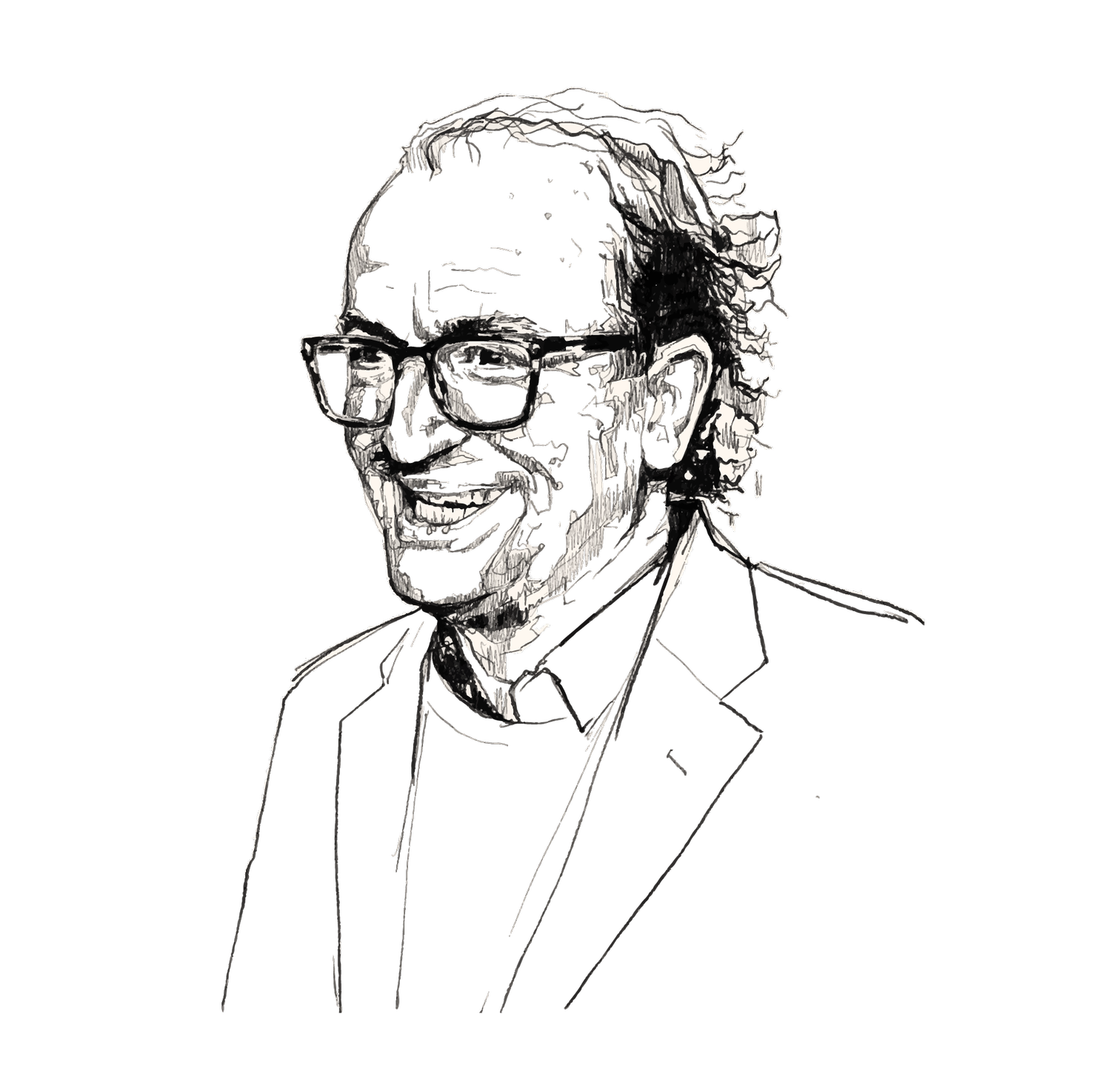Uncertainty & our buildings?
Uncertainty is the country that COVID-19 has invited us into. It’s been a human tail-spin, a very painful curiosity, and from what I’ve observed, a rare cocktail of service, suffering, and selfishness. We are in one of those watershed moments when life will never be quite the same again. We’d do well to make peace with this unfamiliar territory, even as patience with this time and its associated challenges is waning.
Uncertainty is the place we are located and it has jolted us with its prescient truthfulness. Covid-19 is training us to let go of any illusion that we are in control. God is God and we are not. Our limitations are never more plain to see. This cultural moment has revealed the inadequacy of our ecclesiology: the majority come-and-huddle posture has been exposed. Our gathered life was always meant to resource our scattered life. Yet we’ve fashioned it into something other.
In his first live-streamed service after church buildings had closed, Archbishop Justin said that if we look inwards we ‘will only reveal the limits of our own resources and lead to deeper fear and selfishness’ whereas ‘to console others, we must find our own consolation in God’. It is through ongoing personal renewal that we ‘will find the means to console the frightened, the fearful and all those around us, in whom alarm is rising’. During this uncertain time, as we are called on to take care of others and of ourselves, we must seek out fresh rhythms that help us lean into God and find new wisdom in the power of the Holy Spirit.
Uncertainty is the place we can’t easily move on from. Yet the silver lining may be that uncertainty is okay, and imperfection is acceptable; more than this, it’s welcome and needed. It’s in our weakness that we know God’s all-sufficient strength. I may prefer the reassuring habitual patterns of parish life and ministry, yet that’s not what we are served up in these days. And as for our buildings: all the talk of ‘getting back to’ is grossly wrong, and a profound denial of what has and is being faced.
The mission of God is vastly more important than our stewardship of buildings alone. It’s not a temple spirituality that evangelical Christianity exalts, yet our discomfort without our holy places raises many questions about the adequacy of our most holy faith. Why do we lack confidence in the spirituality of the road, and of what’s being offered from our kitchen tables, studies and living rooms? I believe the Holy Spirit longs to partner with our imaginations, our discontent, frustrations and uncertainty to imagine a new way of being the people of God without a building-centred approach.
Our buildings have been hushed and may remain so for some time to come. Church doors were closed firmly and unilaterally. At that moment we thought it might be for a few weeks. I hoped for a reunion Sunday, and still ache for the privilege of the gathered proximity of church family. It’s not possible yet …nor maybe for quite some time. So in the closed doors is there a gift, a learning, a kairos moment for us all? We have a rare moment in history if we can line up the logistics. Submerged under the surface is the once in a lifetime opportunity to reset the habits of local Christian communities from a holy huddle to a scattered presence.
One of my favourite moments in our recent PCC meeting was the conversation around the question “What do we think God’s Holy Spirit is saying to the church?” None of the fifteen responses spoke of buildings and none spoke of just doing what we’ve always done before. Buildings that enable and enhance the human experience are wonderful. And yet they are rare.
Uncertainty has given us the gift of new ways of seeing … Oswald Chambers said it well: “Beware of going back to what you once were when God wants you to be something that you have never been!” What binds us to our buildings and what future beckons us as we shuffle slowly forward? Indeed there are many answers to be found in the future-normal. In the constraints and closures, there’s been creativity, resilience and capacity galore. But what about the opportunities of this kairos moment? Surely this is the time to courageously ask the questions often deftly avoided.
A crisis is a very good time in which to re-orientate towards lasting cultural change. Covid-19 mustn’t be understood as merely an interruption: for it’s so very much more; it’s a disruption that is taking us to a very different place. There’s no going back to what we knew before COVID-19. That world and way of being no longer exists except in the rearview mirror of memory and sentimentality. James Hopewell helpfully asks, “in a loss or disintegration, what is the characteristic response and reintegration that is sought?” Our choices as Christian leaders invite us to serve and shape our communities in kingdom ways.
A clergy colleague Nikki has said, “We cannot go back to a uniform approach to church buildings draining the life from the church. Let’s invest in some, reinvent others, and dare to let some quietly stay closed forever.” As Margaret Wheatley says “our role as leaders is to create islands of sanity for others” and that can be testing. Wisdom, discernment and courage will be required. We have a rare moment in history if we can line up the logistics. Submerged under the surface is the once in a lifetime opportunity to reset the habits of local Christian communities from a holy huddle to a scattered presence.
A clergy friend Richard says it well: “We have lost the ‘muscle memory’ of being a ‘scattered’ people.” I’d go further and say I’m not sure we ever cracked the scattered witness piece in the first place … In the uncertainty is the opportunity for us to respond as people of peace, households of light, bringing presence, help and enduring gospel hope to all around. If we lean ever deeper into God’s love, choosing faith instead of fear, we may find that new opportunities abound. In quieter moments of private reflection, I think “Let’s kill building-idolatry in this unique cultural moment!” Will Christian communities continue to spend more money and time serving buildings than on the mission and ministry of Jesus in service of others? Faith, not fabric is our primary concern as leaders and stewards of God’s resources.
Our choices as Christian leaders invite us to serve and shape our communities in kingdom ways. The boomerang choice to just return to where we came from seems so inadequate and unsatisfactory. Covid-19 could become the foundation of a realistic, visionary and generative future. Uncertainty invites our trust. Uncertainty is what God has always wanted from His people, for trust is the highest form of love, and people remain God’s greatest love.

